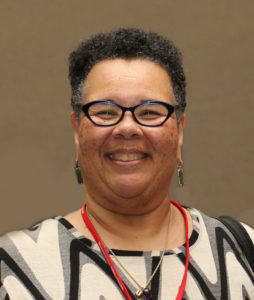assessment
Select an item by clicking its checkbox
Recently, I finished a book called Midcourse Correction for the College Classroom: Putting Small Group Instructional Diagnosis to Work (Hurney et al. 2021). It’s about a program on college campuses in which faculty members invite a colleague to come to their class at the mid-semester point to find out how ...
“...it’s easy if you try.” In fact, it is not easy for me to imagine no grading. But I’m trying, colleagues. I’m trying really hard. I’m not talking about being finished with this spring term’s grading, though that would be nice, too. When I say, “...
Recently a colleague shared with me the concept of “ungrading,” written about eloquently in a couple of blog posts by writing instructor Jesse Strommel. You can find Strommel’s posts here and here. (I highly recommend his blog, in general, as well as his @jessifer twitter account.) Strommel asks us ...
One of our most time-consuming and dreaded tasks as humanities faculty is grading student papers. We’re making it worse by writing too many comments. Some of my colleagues correct every single grammatical error. Others fill the margins with thoughtful suggestions, noting all the misunderstandings of the text, the lapses ...
Teachers are people who plan. We cross classroom thresholds with worn briefcases bulging with written lectures clearly forecasted in thick, detailed, syllabi. Entire curriculums are planned three, four, five years into the future. Course learning outcomes are carefully aligned with degree programs and degree programs are carefully align with budgets – ...



